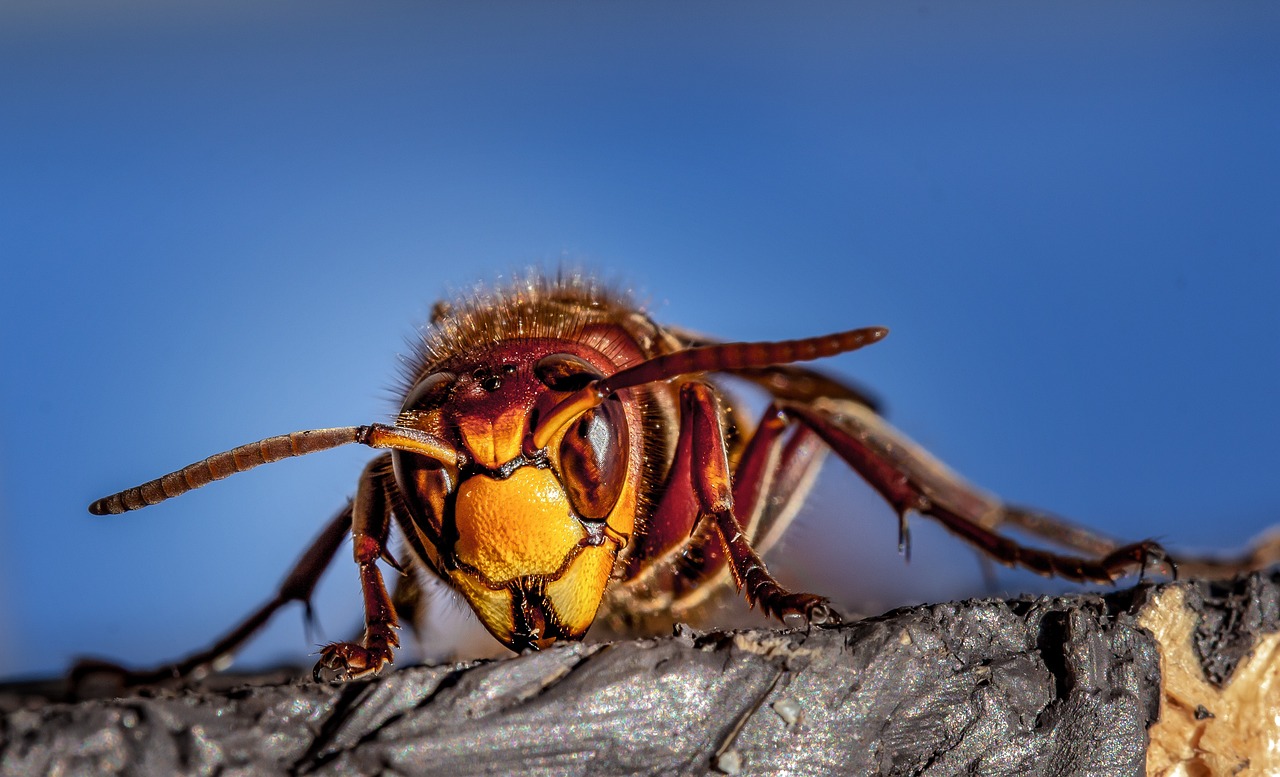Pest Control - Part 2
Dealing with Garden Pests - Part 2
Welcome back to our series on dealing with garden pests! In this article, we will explore more strategies to protect your garden from unwanted visitors. Let's dive in and learn how to maintain a healthy and thriving garden.
1. Natural Predators
Introducing natural predators to your garden is an effective way to control pest populations. Ladybugs, lacewings, and parasitic wasps are great allies in the fight against insects that harm your plants. You can attract these beneficial insects by planting flowers like dill, fennel, and yarrow.

2. Neem Oil
Neem oil is a natural insecticide that can help protect your plants from a variety of pests, including aphids, mealybugs, and spider mites. Dilute neem oil with water and spray it on your plants to create a protective barrier against unwanted insects.

3. Companion Planting
Companion planting involves growing certain plants together to benefit each other. For example, planting marigolds alongside tomatoes can help repel nematodes and whiteflies. Research companion planting combinations that can help deter pests in your garden.

4. Row Covers
Using row covers can physically block pests from reaching your plants. These covers create a barrier that prevents insects from laying eggs on your crops. Row covers are especially useful for protecting crops like cabbage, broccoli, and squash.

5. Diatomaceous Earth
Diatomaceous earth is a natural powder made from fossilized remains of diatoms. It works by dehydrating and killing insects that come into contact with it. Sprinkle diatomaceous earth around the base of your plants to create a barrier against crawling pests.

By incorporating these strategies into your gardening routine, you can effectively manage garden pests and promote a healthy ecosystem in your garden. Stay tuned for more tips and tricks in our next article!
